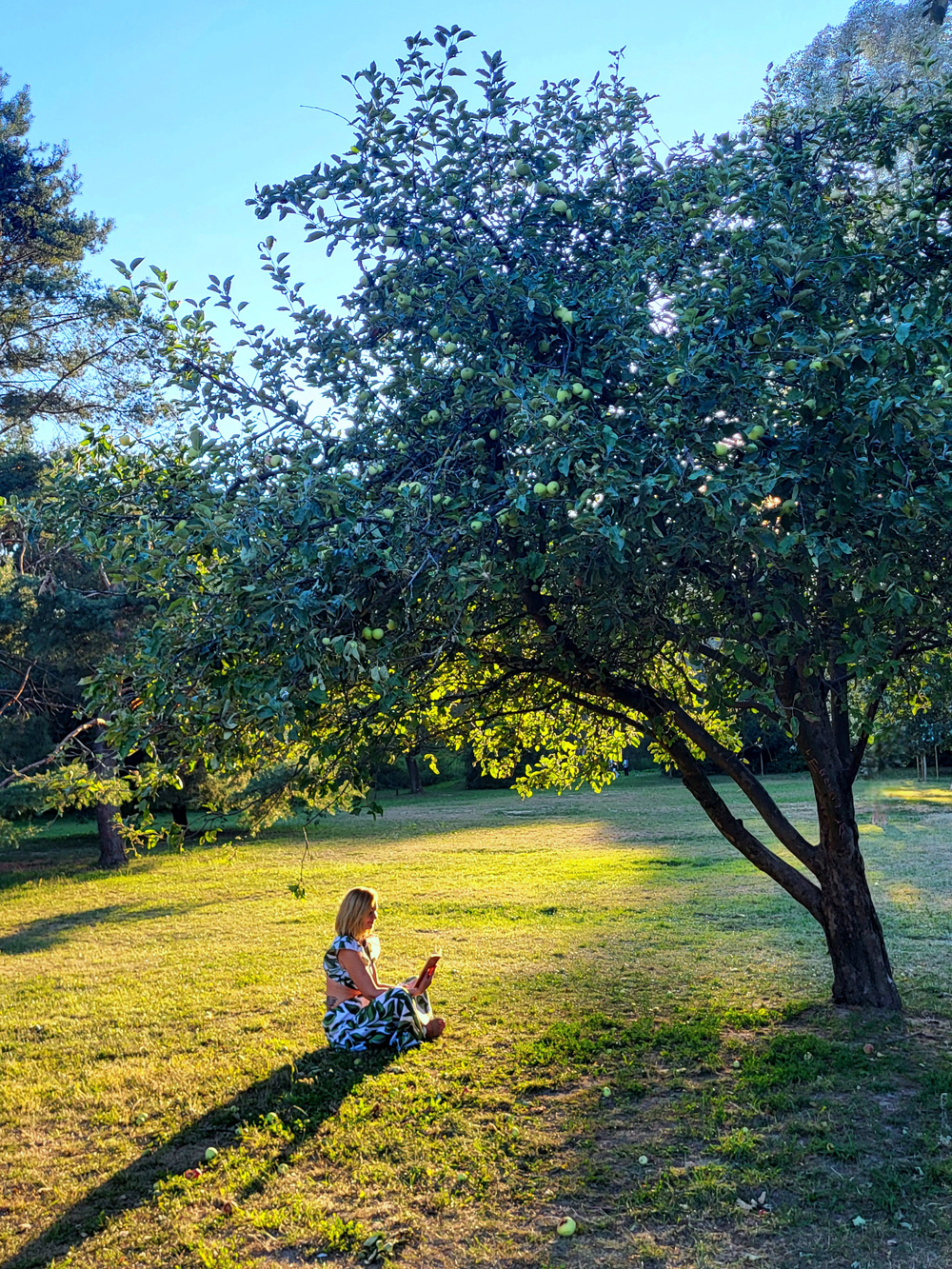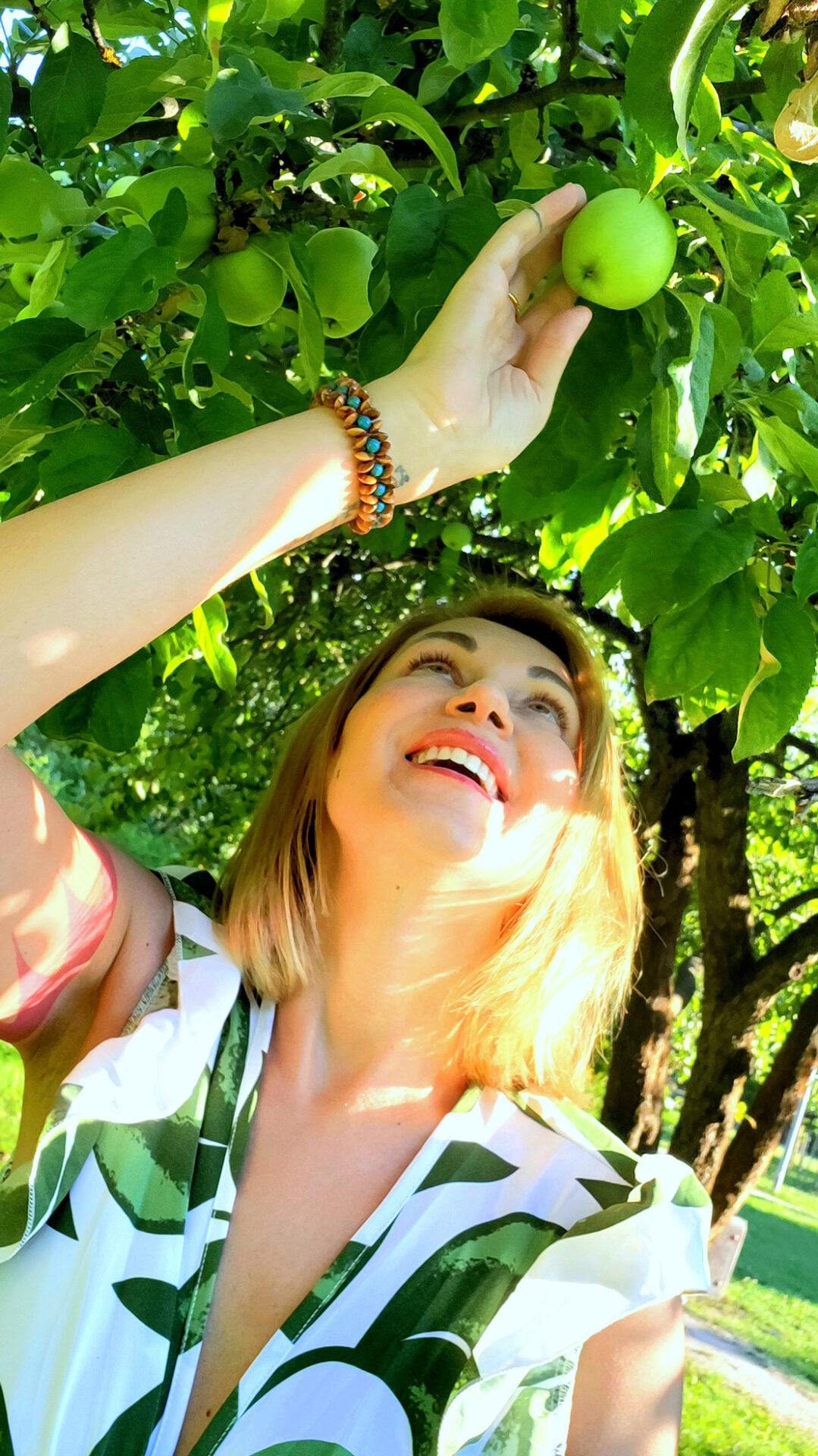


Welcome to CBT Walk and Talk Counselling and Psychotherapy.

All walking is discovery. On foot we take the time to see things whole.
Hal Borland
Nature is a well-known medicine. We are Nature and Nature is Us. No wonder the benefits of our natural world for our physical and mental health are well documented. We can use the research to learn ways of reconnecting with green environment and Walk and Talk Therapy (W&T) is one example of the path we can try to use for our mental health benefits.
W&T is defined as a nature based psychotherapeutic treatment that happens outdoors among natural earth elements. The type of natural element that has a particular influence on you can be used such as walking by the water if that helps you feeling calm, or walking among trees, if that is your personal favourite. The walking happens in the client’s peace or the seat can be taken for more relaxed feel.
An appointment with the therapist is made through regular way (contact, signing the contract, payment, calendar) and choice of the place of meeting is agreed. It can be a near park, or some specific spot that you both are ready to meet (the beach, forest, gardens, mountains). In my Reborn practise Ashtown, Dublin 15 is chosen as a setting for W&T so make sure you have easy enough access to this area. The free parking is available free of charge for max 2 hours. You can access an exact location here.
Tolka Park and Royal Canal embrace all needed elements to make you feel tranquil: the river, trees, meadows, long canal walk that encompasses the beauty of river life. The confidentiality is easily accessible through uncrowded paths around the area that I will be happy to show you. There are multiply benches available as well. If you decide to choose this type of approach there are few things to remember.
Even though the setting is green my approach implements CBT and related to it branches of therapy. It means that we follow certain model, engage in homework and keep meeting regular until the necessary changes are achieved by you if you decide to continue. Please read more here.






Firstly, Walk and Talk is evidenced based approach that highlights soothing benefits of nature that can contribute to better internalisation of therapy. The research mentions few outcomes of Walk and Talk Therapy. Berman et al., (2008) points to attention span and memory performance being improved where Barton & Pretty (2010) noticed mood and self esteem improvement. There are studies that give evidence to a significant reduction in anxiety, depression, anger and fatigue while engaging in a green care (Park et al., 2010; Lee et al., 2011). Additionally, walk in nature contributed to a decline of rumination and neural activity linked to rumination in self-reported study of Bratmann et al., (2015). Those are just few examples of many studies supporting the power of nature on our mental health.
Secondly, W&T gives you additional benefit in the form of exercise. And we know that physical movement helps to combat depression, anxiety, sleep disturbances, and many other mental health conditions. The slow walk is enough to warm up the body and give your lungs a fresh grasp of air. This walk can be seen as a meditation.
Thirdly, from my experience Walk and Talk feels less formal, you can experience therapist in more natural, regular and humanistic setting which can help you to connect and share yourself more comfortably. The conversation is also more free flowing, where eye to eye contact is reduced and replaced with a wandering eye placed on a green surrounding area. That setting can be especially useful for men and teenagers as in those groups an eye contact and constrained feeling of an office room can bring more challenges with opening up. However, if that is not a problem then it can be changed easily by sitting on the benches.
If you have any questions related to this service do not hesitate to contact me by email or phone. Please note that email or WhatsApp is the best way to get information off me, due to amount of work I can be unable to pick up the phone.
References:
Barton, J and Pretty, J. (2010). What is the best dose of nature and green exercise for improving mental health? A multi-study analysis. Environmental Science and Technology, 44: 3947-3955
Park, B.-J., Tsunetsugu, Y., Kasetani, T., Kagawa, T. and Miyazaki, Y. (2010). The physiological effects of Shinrinyoku (taking in the forest atmosphere or forest bathing): evidence from field experiments in 24 forests across Japan. Environmental Health and Preventative Medicine, 15(1): 18-26.
Lee, J., Tsunetsugu, Y., Takayama, N., Park, B.-J., Li, Q., et al. (2014). Influence of forest therapy on cardiovascular relaxation in young adults. Evidence Based Complementary and Alternative Medicine, doi: 10.1155/2014/834360
Bratman, G. N., Hamilton, J. P., Hahn, K. S., Daily, G. C. and Gross, J. J. (2015). Nature experience reduces rumination and subgenual prefrontal cortex activation. Proceedings of the National Academy of Science, 112(28): 8567-8572, doi: 10.1073/ pnas.151045911
Copyright © 2025 Reborn Clinic | Powered by Pixxelstudio86